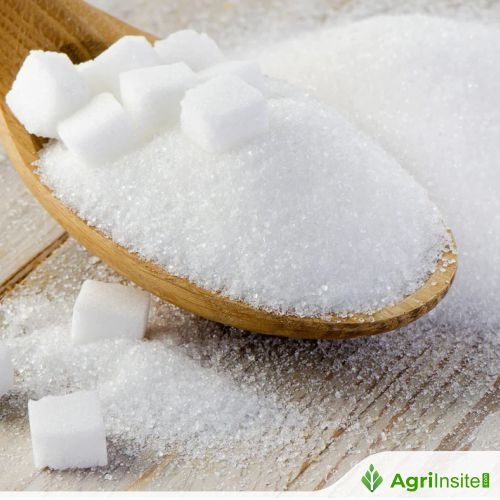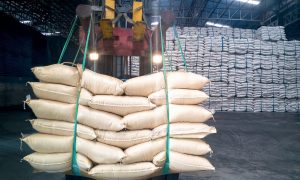Kenya : Sugar,maize, and cooking oil prices to rise in June as spinach, cabbage to drop – CBK

A new CBK survey shows prices of maize, sugar, and cooking oil are expected to rise in June 2025 due to global trends and seasonal factors. However, prices of fast-maturing vegetables like sukuma wiki and spinach may fall, thanks to favorable rains. Inflation expectations have eased, with improved weather, stable exchange rates, and better road access aiding food supply.
Prices of essential food items, including maize, sugar and cooking oil, are expected to rise in June 2025, driven by seasonal factors and global market trends, a new survey by the Central Bank of Kenya (CBK) has revealed.
The Agriculture Sector Survey released on Tuesday, June 17, notes that while cereal products will see price hikes, some fast-maturing vegetables are projected to decline in cost due to favourable rainfall.
The CBK survey, conducted between May 12 and 16, indicates that most respondents foresee a rise in the cost of key cereal products such as maize, along with sugar and cooking oil, largely due to higher global prices and seasonal supply constraints.
“Respondents expect prices of maize products and related items to be slightly higher in June 2025 relative to May 2025. In addition, prices of sugar, cooking fat and salad oil are expected to pick up, reflecting developments in the global market where prices of these items have been rising in the recent past,” read the report in part.
However, the survey notes a projected decline in the prices of fast-growing vegetables like sukuma wiki, traditional vegetables, spinach and cabbage. The drop is attributed to the favourable March-May long rains, which improved local supply.
CBK notes that fewer respondents cited an expectation of tomato prices rising compared to the previous month.
The report notes that inflation expectations have slightly eased, with more than half of those surveyed anticipating price stability in the short term. The proportion of respondents expecting overall inflation to decrease or remain unchanged over the next month rose to 51 per cent in May, up from 36 per cent in January.
Likewise, 57 per cent expected inflation to remain stable or decline over the next three months, compared to 42 per cent in January.
“These expectations were mainly driven by generally positive rainfall outcomes during the March-May 2025 season, a stable exchange rate, and the prevailing low inflation environment,” reads the report.
The report also highlights that key factors influencing retail and wholesale food prices include adverse weather conditions, labour costs, supply chain disruptions, transport expenses, and input prices. Although adverse weather remains a major concern, CBK notes that its influence has slightly declined, with 69 per cent of respondents citing it in May 2025, down from 75 per cent in March.
Labour costs also had less of an impact, with 69 per cent of respondents identifying it as a major price driver in May compared to 77 per cent in April. Similarly, supply chain disruptions and transport costs saw a notable drop. Only 64 per cent pointed to supply chain issues in May, down from 80 per cent the previous month, while those citing transport costs fell to 85 per cent from 91 per cent in April.
CBK attributed the fall in transport-related concerns to improved access to feeder roads following April’s heavy rainfall and relatively stable pump prices.
“The relatively favourable weather conditions had resulted in an increased supply of select fast-maturing vegetables, thereby eliminating the need to travel long distances in search of supplies,” the report adds.
The proportion of respondents who cited input prices as a factor remained significant, though it eased compared to March. Only 24 per cent considered the newly announced US tariffs in April 2025 to be a notable influence on local food prices, suggesting most had not yet assessed the full impact.
The survey indicates that agriculture remains a core pillar of Kenya’s economy, providing income to many rural households, feeding into the manufacturing and retail sectors, and supporting food security and exports.
To Read more about Sugar Industry continue reading Agriinsite.com
Source : Eastleigh Voice















